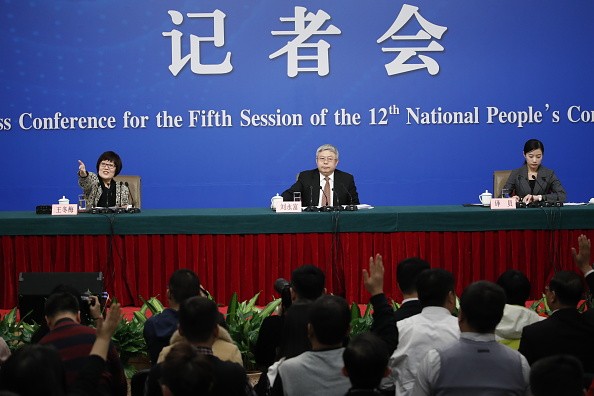China's State Council has approved 380 billion yuan ($55 billion) in tax relief on Wednesday, April 19, which is expected to benefit farmers and small businesses, according to a report by asia.nikkei.com.
The move is seen as an effort to gain favor from the country's lower income groups ahead of the leadership reorganization of the Communist Party at the 19th National Congress.
The tax relief is the second large-scale tax cut following last year's corporate tax break amid expectations that the Chinese economy will slow down in the latter half of the year.
This July, the government is set to remove the 13 percent bracket and retain the 6 percent, 11 percent and 17 percent tiers as part of reform in the value-added tax.
The 13 percent rate on farm products and natural gas will be moved to the 11 percent category. This change is expected to benefit farmers and households, the main buyers of rice and vegetables.
Smaller companies that pay 300,000 yuan or less in annual taxes can receive a special tax treatment as the government raised the ceiling to 500,000 yuan.
In addition, small businesses and startups can deduct 75 percent from the cost of research and development, an increase of 50 percent.
The tax breaks will be effective until the end of 2019.
Last year, the government endorsed corporate tax cuts worth about 500 billion yuan. This year, the economy grew 6.9 percent in the first three months, driven by the surge in infrastructure spending.
The People's Bank of China, however, has been increasing market interest rates to control the real estate bubble.
Many analysts expect that the economy will slow down during the second half of 2017, amid efforts to curb capital outflow and bolster the yuan. The credit bubble has been attributed to the large infrastructure capital which pushed the government to implement big tax cuts to stimulate growth.
According to the report, the current economic growth has benefited mostly large state-owned enterprises and the wealthy, while tax reduction is part of efforts to gain favor from the public ahead of the Party congress later this year.
A proposal to remove that 17 percent value-added tax for manufacturers was also made, aimed at enhancing the companies' competitive edge, but the idea was scrapped.



























